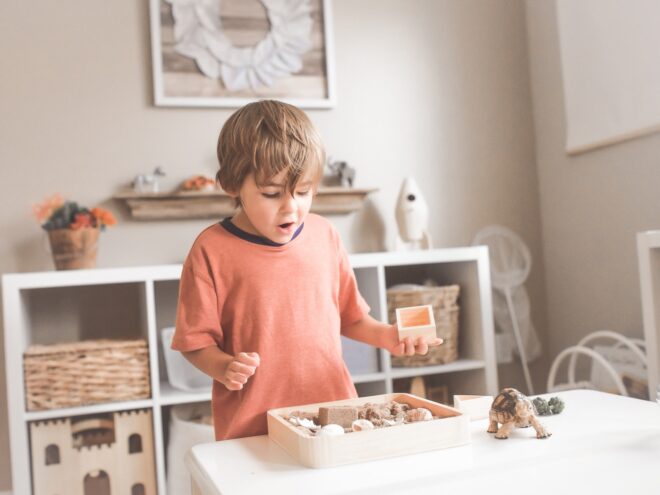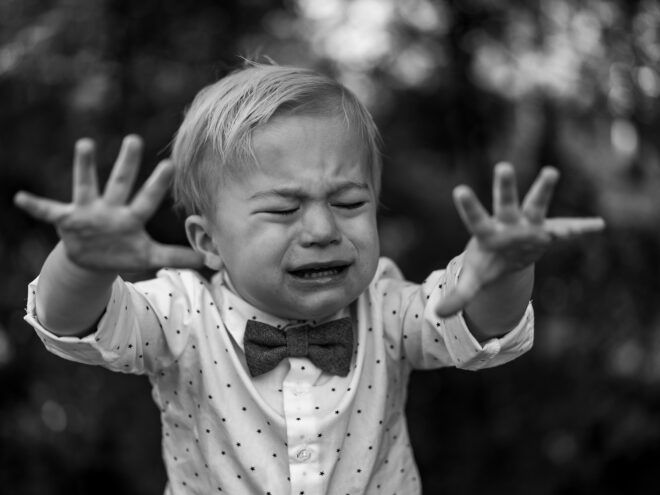Family • 03/09/2022
6 Psychological Effects of Yelling at a Child
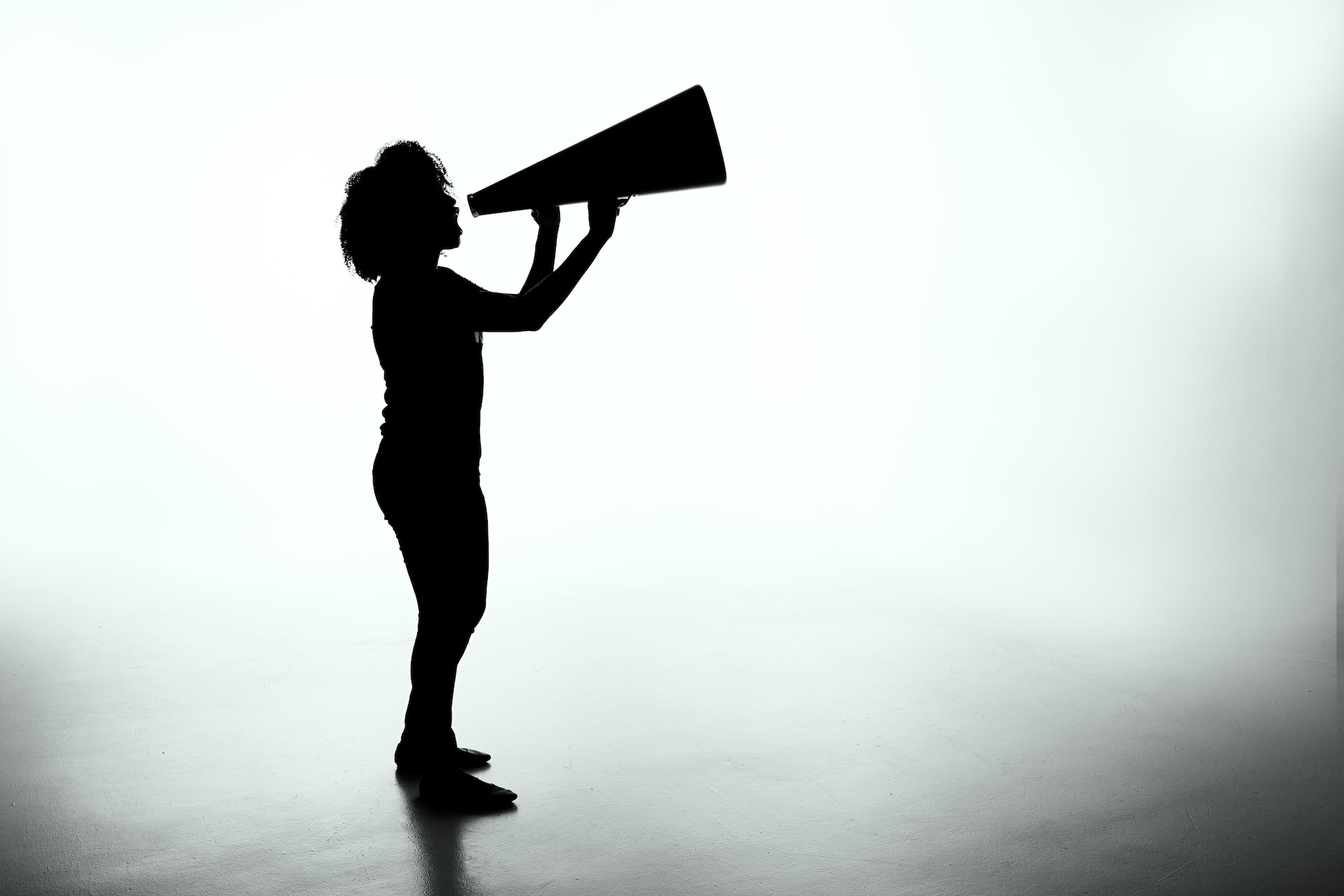
Revivalist is a reader-supported endeavor and our posts may contain affiliate links. When you buy through links on our site, we may earn an affiliate commission.
As much as you try to avoid yelling at your kids, it probably still happens from time to time. Even the best of parents have raised their voices to corral and quiet their kids. Besides, sometimes it’s difficult not to, especially when the little buggers are rowdy or misbehaving. If you yell often, your kids could experience the psychological effects of yelling at a child.
Well, it turns out that yelling, shouting and screaming can actually do more harm than good. A 2013 study even found that yelling has similar effects to physical discipline, both in the long and short term. Additionally, the amount of love, emotional support and affection you give your kids doesn’t undo the damage. That’s because shouting can affect cognitive development and greatly impact emotional and mental health.
Below, you’ll find a few ways yelling can affect kids psychologically — and how you can use alternatives to help your little ones thrive.
1. Anxiety
Being anxious or afraid is a normal part of being a kid. However, it can be frustrating when your little ones refuse to go to the dentist or try something new because they’re fearful. In these moments, raising your voice may convince them to cooperate. Yet, doing so can actually increase their anxiety, both in the long and short term.
That’s why it’s important to take a different, more sensitive approach to yelling. First, validate your child’s feelings, empathize with them and send the message that they can succeed, despite their worries and fears. Most importantly, be patient and stay calm. You can always present opportunities for your kids to try again tomorrow.
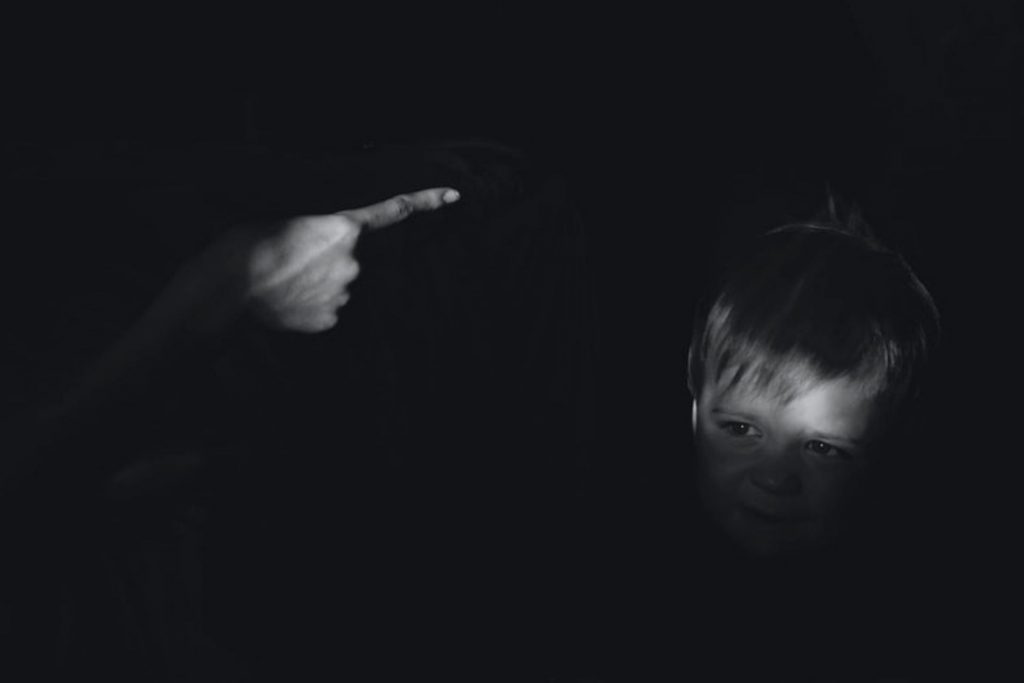
2. Depression
Depression is another common byproduct of yelling at your kids. The more often you shout or scream at them, the more often they’ll experience feelings like fear, shame, and sadness. Eventually, repeated offenses can cause deep psychological wounds that cause more serious issues like clinical depression.
Symptoms can last well into adulthood and significantly affect their overall quality of life. Eventually, they may cause both personal and professional problems that require medical or psychological treatment, which is why it’s crucial to nip yelling in the bud before it becomes a habit.
3. Withdrawal
Most children tend to withdraw when their parents start yelling at them. Regardless of what you’re shouting, your littles simply can’t listen to your words without also compromising their emotional safety. One has to give, and most kids would rather tune their parents out than succumb to the beratings and show vulnerability. Consequently, they go silent and ignore what you’re saying, which ultimately enables more bad behavior.
Pay attention to your kids the next time you fly off the handle. Do they shift their attention away from your words and retreat inside themselves while you lose your temper? Perhaps they physically run away or hide. In this case, you might want to work on lowering your voice and communicating calmly so your littles actually listen and respond well to instruction.
4. Low Self-Esteem
When parents yell, it’s because they’ve already lost their temper. In this heightened emotional state, they’re more apt to make hurtful or condescending remarks to their kids. These comments can shame children and cause self-esteem issues or even bouts of self-hatred.
Yelling and shouting also display poor impulse control with the effort of disempowering your child. This kind of response doesn’t instill obedience or submission. Rather, it makes them even more defiant because they don’t have time to problem-solve and build self-esteem by working through conflict. Stop playing the blame game and avoid saying something you’ll regret by making space for conversation, apologies and forgiveness.
5. Aggression
Children often mirror their parents’ behavior. When you yell at them, you’re essentially teaching them how to communicate and behave, so don’t be surprised if they shout back. They might even scream at friends, teachers and other adults if things start to get out of control. Sometimes, these kids even turn into bullies, adopting aggressive physical and verbal behaviors.
A 2010 study of children between ages eight and 12 found that kids become more aggressive if they have mothers who express disappointment or yell at their offspring. Boys who receive this kind of verbal abuse are more prone to low self-control while girls will likely react with anger or frustration instead.
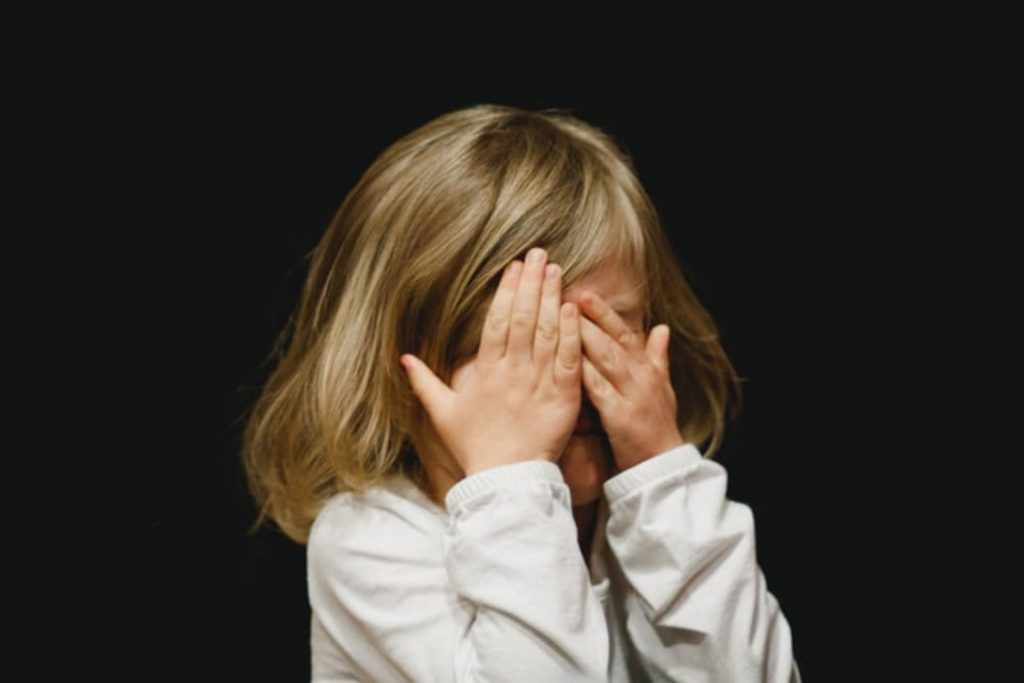
6. Self-Harming Behavior
Self-harming behavior isn’t a psychological effect, in and of itself. However, it can be an indirect result of verbal abuse like parents shouting and yelling. Eventually, the depression, anxiety and other effect become too much to bear or the child’s self-esteem hits rock bottom. Then, they may experiment with drugs, alcohol and other substances in an effort to numb the pain.
In worst-case scenarios, the child may have or even try to act on suicidal thoughts. Other forms of self-harm like cutting are also more common than they should be. If your little one exhibits any of these warning signs, it’s important to seek help right away — and get a better handle on your temper.
It Starts With You
How you interact with your child plays a huge role in how they’ll interact with you and others. It also impacts how they perceive and regulate themselves. If you communicate in positive ways and model accountability for negative behavior, your kids will be more willing to do the same. If you raise your voice and speak with sarcasm or condescension, so will they.
It all starts with you, so remember to address your own mental and physical health first. Then, check in with your kids. It’ll make your lives easier and minimize psychological stress in more ways than one.
Subscribe to Our Weekly Newsletter
We would love to connect deeper with you!

